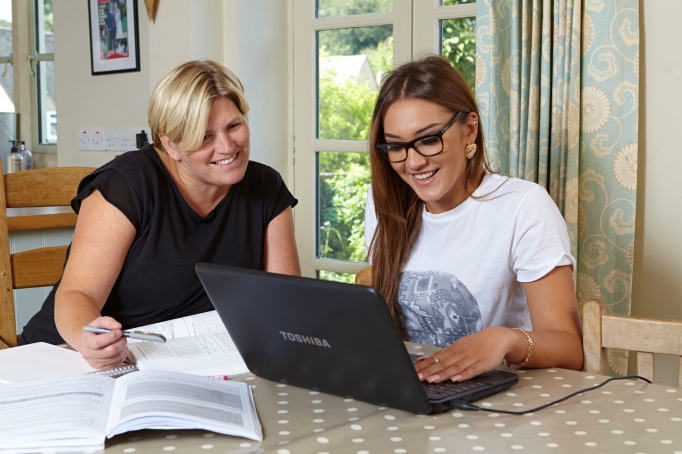
In my thirteen years in the tutoring industry there have been enormous changes in peoples’ perception of tutors and tutoring. No longer is the word tutor whispered with shame over a morning coffee, now a tutor is seen as a positive support mechanism to our children no matter where they are, either geographically or academically. But why has this happened?
But be in no doubt, it has happened. In 2002, when I founded the agency, my ambitions were not to set up a huge company, they were simply to work for myself and use the skills I had learned through teaching to make a career change and take more charge of my own working life.
At the time I was under no illusion that there were hundreds, even thousands of students out there desperately searching for the right tutor; that simply was not the case. But I had seen how a trend had started in schools for parents to ask teachers for extra help on their own time or indeed to ask if they knew of any tutors locally. This was new.
However, back then it was almost exclusively parents whose children were struggling or perceived to be falling behind. It was almost an embarrassing admission of having underachieving children whether that were actually the case or not.
Things have changed. In the past decade private tuition has metamorphosed from a dark art into a mainstream pursuit.
Instead of hushed tones, it is shouted from the roof tops. It has become a badge of honour.
As more parents used tutors for their ‘struggling’ children, more became aware of the concept and realised that tutors could be used not only as a parachute but also as a booster to push their children to the top of the academic pile. Simultaneously in those years the internet began its whirlwind takeover of the world’s consciousness.
So an opportunity arose for those with spare money to push their children ahead of their peers. Private school education was now not the only way of spending money to get your children ahead of their contemporaries. So a mixture of genuine parental desire to selflessly help their offspring and also large elements of vicarious competitiveness pushed things forward.
And so an industry was born.
When private tuition gradually came in from the cold the role of the agency fundamentally changed. Previously parents only had a few places to look for a tutor and a few other parents to ask. Not anymore.
And with choice comes empowerment. Agencies and tutor lists are springing up every day offering the ‘best’ tutors. It is a growth industry and that brings in more players. Parents are now far more discerning about their choice of tutor, but paradoxically have an ever expanding tutor world to pick from.
Be careful. Use an agency. Use an agency that has met and vetted all of its tutors and use an agency with some longevity. It takes a long time to personally interview and vet thousands of tutors.
Finally, if you find an agency you can trust, trust in what they say. Increasingly parents want to see multiple CVs and arrange interviews with potential tutors. We have been around for a long time and understand the dynamic. We don’t get it wrong very often.
Nevil Chiles is Managing Director of Kensington & Chelsea Tutors – www.kctutors.co.uk